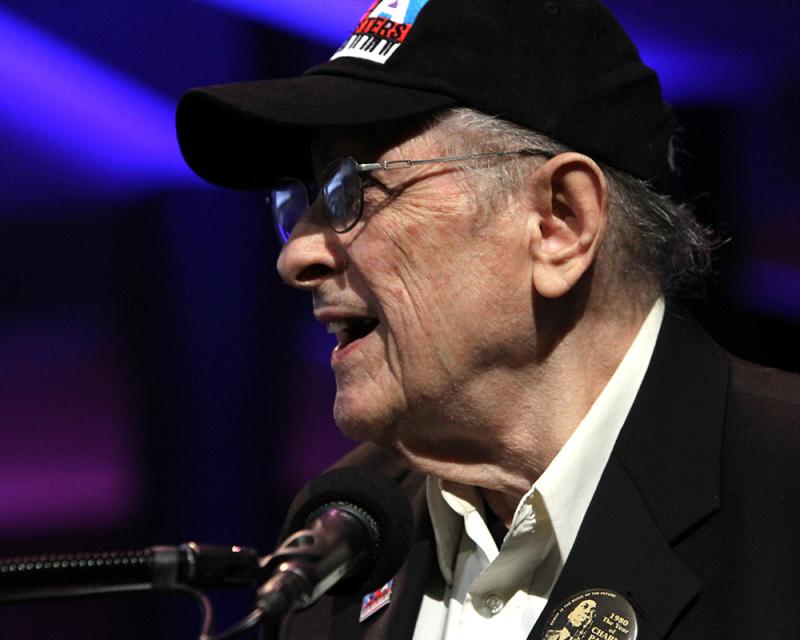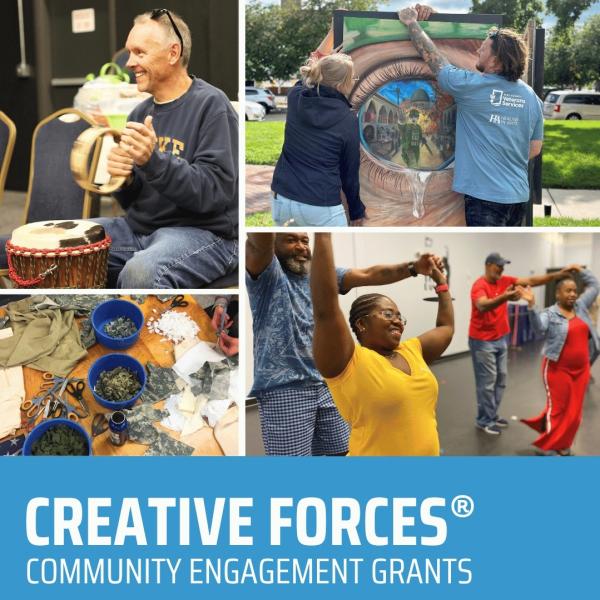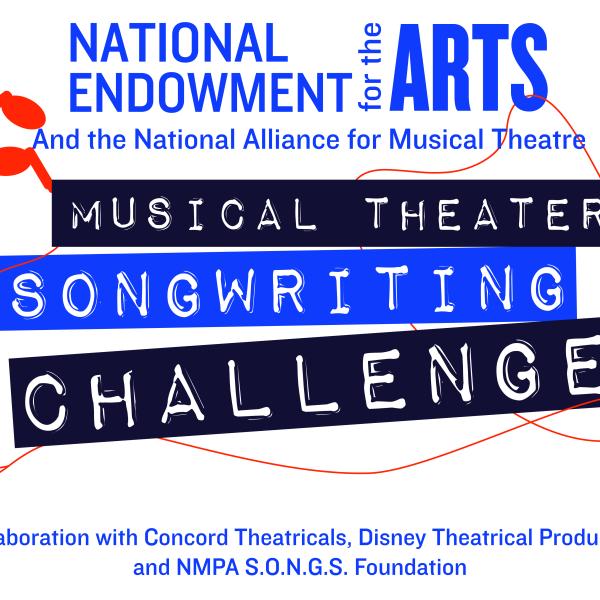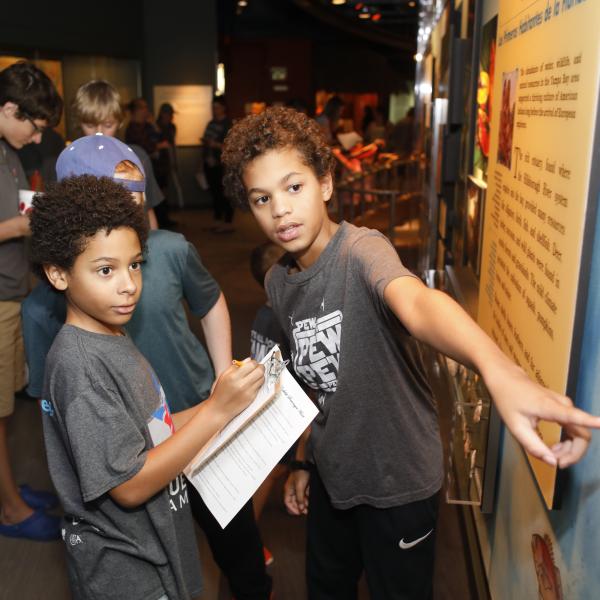National Endowment for the Arts Statement on the Death of NEA Jazz Master Joe Segal

It is with great sadness that the National Endowment for the Arts acknowledges the passing of jazz presenter and club owner Joe Segal, recipient of the 2015 A. B. Spellman NEA Jazz Masters Fellowship for Jazz Advocacy, given each year to an individual who has made major contributions to the appreciation, knowledge, and advancement of jazz.
Since 1947, Joe Segal pursued his great love: presenting jazz musicians in performance in Chicago, Illinois. From his early days as a college presenter to decades spent as impresario of his Jazz Showcase club, Segal was integral to giving jazz greats a platform from which they could publicly share their art. Segal carried the distinction of being the city's longest-tenured jazz presenter, in addition to being one of the founders of one of Chicago’s preeminent jazz organizations, the Jazz Institute of Chicago, which promotes Chicago’s place in jazz history and works to create new audiences for the music.
In a 2015 NEA Jazz Masters tribute video, Segal said, “Sure, I wanted to play trombone. Everybody wanted to play like Tommy Dorsey. I couldn’t remember where anything went. I tried drums; couldn’t do that. Tried piano, nothing. Too difficult. So I became an instigator instead. An enabler.”
From a young age, jazz music was an important part of Segal's life. Growing up in Philadelphia, he listened to jazz on the radio, which introduced him to the likes of Louis Armstrong, Sidney Bechet, and Fats Waller. His first live jazz concert experiences were big band performances at the city’s Earl Theater.
After high school, Segal was drafted into the U.S. Air Force and, while stationed in Champaign, Illinois, he frequently hopped on the train to Chicago to catch live jazz on Randolph Street. After leaving the military, Segal relocated to Chicago to attend Roosevelt University on the GI Bill. At Roosevelt, Segal joined the university's jazz club in 1947—soon running afternoon live jazz sessions that featured musicians he had met working at commercial jazz venues. The popularity of Segal's events grew quickly, and big band musicians would perform solo on their off-nights, along with other local and visiting artists including Charlie Parker, Sonny Rollins, and Lester Young.
In 1957, the sessions at Roosevelt ended, and shortly thereafter Segal began showcasing music at other locations (by Segal’s estimation, he presented jazz shows at 63 different locations over the years). In the early 1970s, Segal opened a place on Rush Street, the first official Jazz Showcase (its current residence is inside the Landmark Dearborn Station). Engagements usually encompassed five evening performances and a special Sunday matinee for kids, a Showcase tradition that continues to this day. Thousands of music fans have had their first live jazz experience at the Jazz Showcase's various locations, and for many musicians, the venue served as a launch pad for their individual careers.
“I like to see people come in and enjoy themselves,” said Segal. “To me, it’s the most beautiful, important music in the world.”
In 2013, Segal received an honorary doctorate from his alma mater, Roosevelt University.
For more information on Segal, including short audio features, visit arts.gov. In addition, the Smithsonian Jazz Oral History Program, supported by the National Endowment for the Arts, has an oral history with Segal.
About the National Endowment for the Arts
Established by Congress in 1965, the National Endowment for the Arts is the independent federal agency whose funding and support gives Americans the opportunity to participate in the arts, exercise their imaginations, and develop their creative capacities. Through partnerships with state arts agencies, local leaders, other federal agencies, and the philanthropic sector, the Arts Endowment supports arts learning, affirms and celebrates America’s rich and diverse cultural heritage, and extends its work to promote equal access to the arts in every community across America. Visit arts.gov to learn more.
Contact
NEA Public Affairs
publicaffairs@arts.gov
202-682-5570




